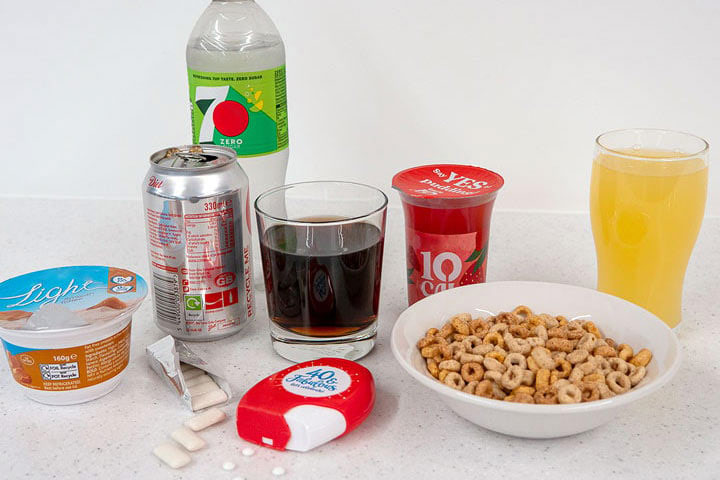News and blogs
Latest news, updates and blogs from World Cancer Research Fund.

Are seed oils good or bad for our health?
Seed oils such as sunflower, rapeseed and sesame oil are found in everything from salad dressings to stir-fries. But with mixed messages in the media, people can be left wondering: are these oils helpful or harmful to our health?

The importance of patient-centred care
In a brief interaction, it can be difficult for health professionals to know whether the information given to people is having an impact.

Fun in the sun: planning a picnic to please everyone
Top ideas for delicious picnic food – no soggy sandwiches – plus a checklist of what to pack for the perfect day of al fresco family fun.

World Cancer Research Fund’s statement on aspartame

Statement on aspartame

Fads, fakers and facts: who to trust for nutrition advice
There are millions of Insta, Twitter and Facebook accounts all claiming to help you lose weight, eat better or find a miracle in your lunchbox. Courtney Savage chooses accounts you can trust

Dramatic rise in number of cancers caused by obesity
New study links overweight and obesity to more cancers than previously shown
Study of 2.6 million adults finds overweight and obesity during early adulthood could be linked with up to 18 cancers

Are you ready for an adventure holiday?
Any exercise helps reduce our risk of cancer, as well as many other benefits, so why not consider a holiday that’s all about fitness and fun?

6 ways to move more without realising
The NHS, the Chief Medical Officer, and the World Health Organization all say most of us should be much more active. Here’s how to start moving more without even thinking (much) about it.

How can we reduce our reliance on alcohol?
Misleading information on the clear harm alcohol does has led many people to underestimate its dangers.

How can policy help promote physical activity in primary healthcare?
There’s strong evidence that physical activity cuts the risk of cancer, but people don’t move enough on a daily basis. Can policy changes reverse this trend?
